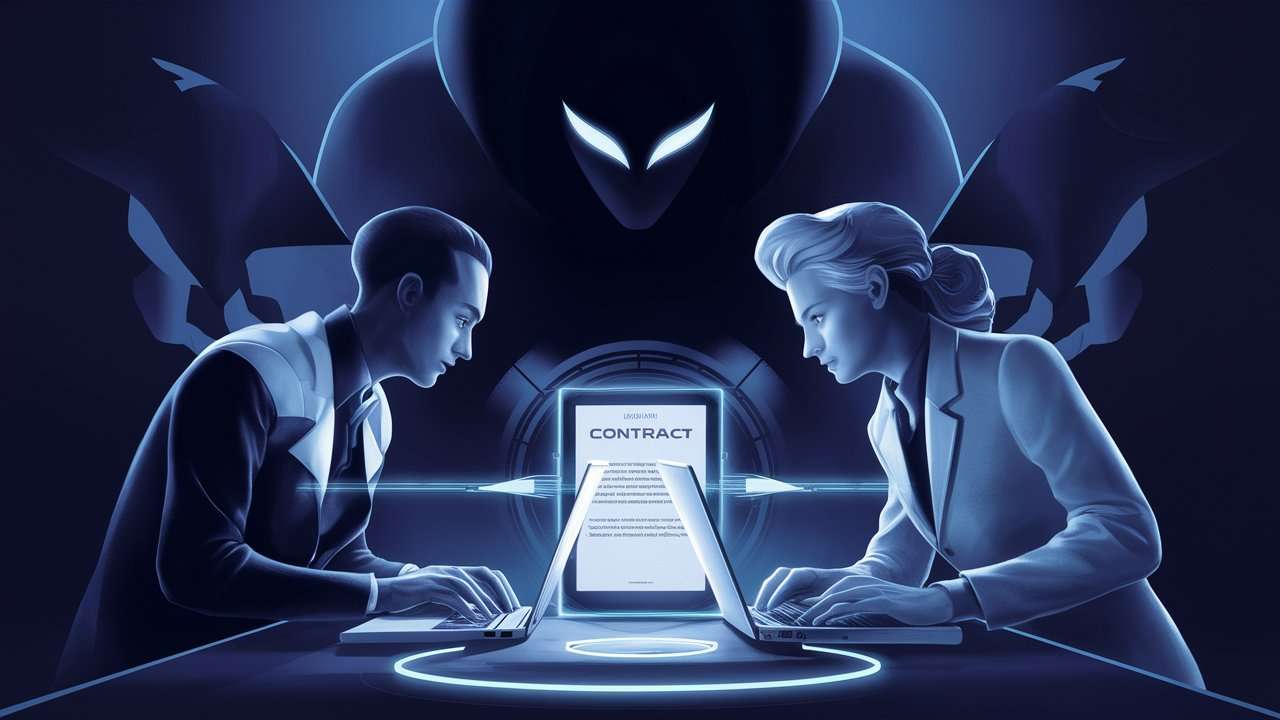Protect Your Business with These 5 Essential Freelancer Agreements
If you are starting a freelance project independently without a contract, you are putting yourself at risk. As a freelancer, having a contract with your client protects both of you throughout the arrangement and offers several advantages. Even if the hiring company has found the right freelancer for the job, it doesn’t matter how perfect the freelancer seems or how urgent the work may be. It is always essential to sign legal freelancer agreements covering all important clauses. Skipping such contracts can have serious consequences and cause major problems for both hiring companies and freelancers down the line.
The Importance of Freelancer Agreements
Freelancer agreements are legal documents designed to protect both parties—the freelancer and the hiring company—throughout the work relationship and beyond. As a hiring manager, establishing freelance terms and conditions gives you a guarantee that the freelancer will deliver the work according to the timeline and specifications you agreed upon. At the same time, the freelancer gets a guarantee that you will pay them according to the agreed-upon terms, such as the amount, payment method, currency, and timeline.
Essential Freelancer Agreements You Need
While freelancers often aren’t full-time employees, they should always ask clients to sign a freelancer agreement before starting a project together. These agreements clearly define expectations for both parties, establish trust and transparency, and serve as the foundation of a healthy working relationship. Many freelancers may feel they don’t need a contract for freelance work if they’ve never experienced troubles with clients in the past. However, regardless of prior experience as an independent freelancer, it’s entirely possible to run into problems like unpaid invoices, late payments, or missed deadlines.
Non-Disclosure Agreement
Also known as a confidentiality agreement, this legally binding contract establishes a confidential relationship between a company and the freelancer. It ensures that the freelancer will not share any sensitive information they may obtain. As a freelancer, you could be given access to client-related information that needs to be kept private and confidential, such as customer lists, company plans, financial data, and more. Your client may want you to stay quiet about such information, so consider signing a non-disclosure agreement.

Work-for-Hire Agreement
This agreement clarifies that the client owns all rights to the work produced by the freelancer, including intellectual property rights. The agreement typically includes details such as the scope of the work to be completed, the expected timeline for completion, the compensation to be paid, and any additional terms or conditions related to the project. It is important for both parties to carefully review and understand the terms of the agreement before signing. By signing a work-for-hire agreement, the freelancer agrees to relinquish their rights to the finished work and transfer those rights to the client.
Want to sort your legal contracts trouble, book a call now!
Non-Compete Agreement
A non-compete agreement is a contract in which the freelancer agrees not to work with other companies that are considered competitors of the hiring company for a specified period after the work relationship ends. The purpose of a non-compete agreement is to prevent a freelancer from taking the knowledge, skills, and relationships gained while working for the client and using them to compete against the same client. It is important for both the freelancer and client to carefully review and understand the terms of a non-compete agreement before signing and to seek legal advice if necessary.
Data Protection Agreement
If a freelancer needs access to sensitive company data to complete their work, they will sign an agreement that compels them to comply with the hiring company’s data secrecy and security policies. The purpose of a data protection agreement is to ensure that both parties comply with applicable data protection laws and regulations, such as the EU General Data Protection Regulation (GDPR) or the California Consumer Privacy Act (CCPA). The agreement typically includes provisions related to data security, data breaches, data subject rights, and data processing obligations. It is important for both parties to carefully review and understand the terms of the agreement before signing and to seek legal advice if necessary.
Overall, having these freelancer agreements helps to ensure that freelancers and clients are treated fairly and professionally in their work relationships. It’s also important for freelancers to carefully review and understand any contracts or agreements they enter into, whether they are working through a freelancing platform or directly with clients.
In conclusion, don’t let myths or misunderstandings about freelancer agreements hold you back. Ensuring you have the right agreements in place protects your interests and fosters successful and smooth client relationships.




